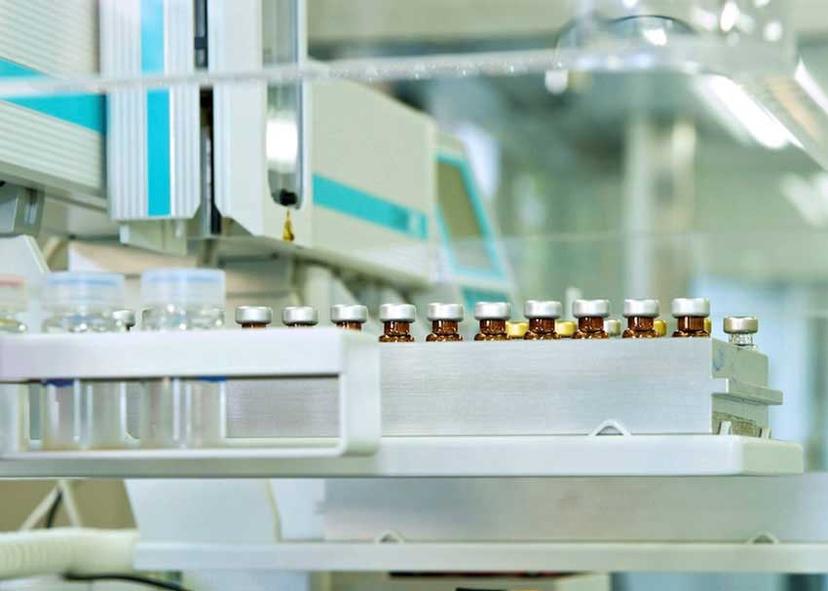Screening for Pesticides in Human Breast Milk
Learn about research using GC-MS/MS technology to analyze pesticide residues in breast milk
18 Jan 2017

Improved pesticide analysis with theTriple Quadrupole Mass Spectrometry

Dr Robert Trengove
Director of Separation Science and Metabolomics at Murdoch University, Australia
In an interview filmed at NACRW 2016, Dr. Robert Trengove, Director of Separation Science and Metabolomics at Murdoch University, Australia, spoke to SelectScience® about his team’s crucial work in screening for pesticide residues in human breast milk. The presence of pesticide residues in breast milk is of huge concern for the health of the child.
Dr Trengove’s laboratory has used a Triple Quadrupole Mass Spectrometer for much of its analysis. By optimizing GC-MS/MS analysis for human breast milk, the team successfully increased the number of pesticides simultaneously screened to eighty-eight.
Dr Trengove states that the quality of both technology and software have improved dramatically over the past decade. Through these improvements, his team have been able to increase the quality of pesticide analysis and simultaneously reduce the sample size required; increasing throughput rates as they can now do more with less.
Looking ahead, Dr Trengove’s lab is moving on to research looking at food waste, with the hope of sending excess food to developing countries. He aims to use technology to prove that we can consume food beyond ‘use-by’ dates. For this to be a success, explains Dr Trengove, technology will need to work quickly to differentiate what bacteria is in the food, to prove that it is safe to consume.
